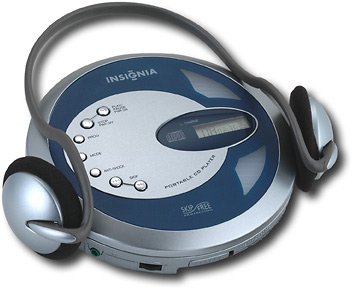
Its almost summer time, and I am here to forewarn anyone looking to purchase sunglasses. When I think of sungalsses I imagine my favorite pairs (at least for now...) and I fairly consistent. My favorites are sunglasses with large lenses and dark tints similar to those in the picture. But honestly sunglasses are a very personal thing, like jeans. Although you may love a certain brand, they just have to fit you properly. Everyone's face is different in its shape and dimensions, and we must find a pair of "shades" that fit correctly. So we can search through the endless catalogues and go from store to store but I just ask one favor... DONT be suckered in by the salespeople.
Every sales person is going to try to explain that if you don't have 20/20 you should try the photochromatic glasses. This term refers to a specific chemical reaction the lenses have to ultra violet radiation. This reaction causes the lenses to transform from transparent to tinted, similar to a light pair of sunglasses. As cost efficient and convenient as this may seem, please don't be suckered into the sale! There is nothing attractive about a person wearing reading glasses with tint! I understand they are extremely high-tech and it would seem cool to have the latest device, especially glasses that transform, but they are not beach-approved at all!!
There is a definite difference between the glasses that are acceptable for the day and for being able to see, and the glasses that are accetable for the sun. Refer back to the picture above, and imagine it with a clear lens and a person using them to read in a library...bizarre right. The person would seem as though they are stuck in the '80's. Yet they are a completely acceptable frame for the outdoors and sun. Now notice the picture below and see how this frame is more of the indoor acceptable frame.
 The answer to that question is because we are keeping the distinction between the lenses!!! Anyone that tries to tell you that your reading glasses can also be used as your "weekend shades" is seriously trying to impair your social life. Just because the tint on the photochromatic glasses becomes darker doesn't mean they are approved for outdoor and beach use!
The answer to that question is because we are keeping the distinction between the lenses!!! Anyone that tries to tell you that your reading glasses can also be used as your "weekend shades" is seriously trying to impair your social life. Just because the tint on the photochromatic glasses becomes darker doesn't mean they are approved for outdoor and beach use! So I'm sorry to say the high tech version of this comparison is a fail!! please stick to the older version of having prescription reading glasses and separate prescription beach-approved glasses. Its the only way to go!! So summer here we come!!



















.jpg)











